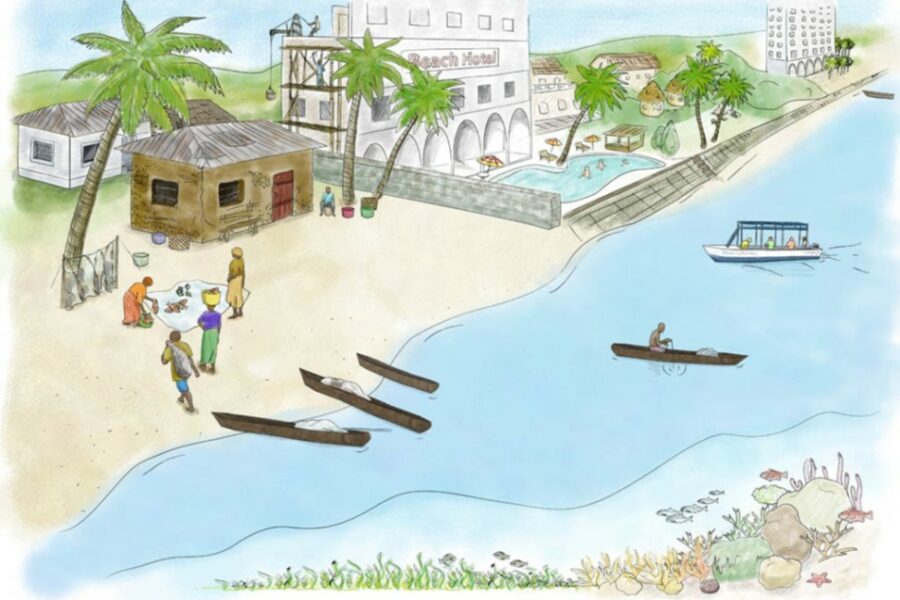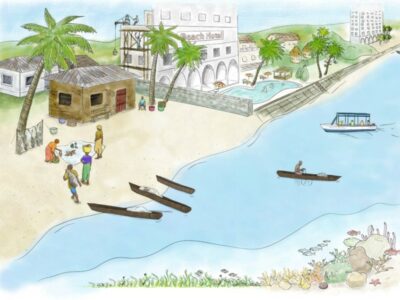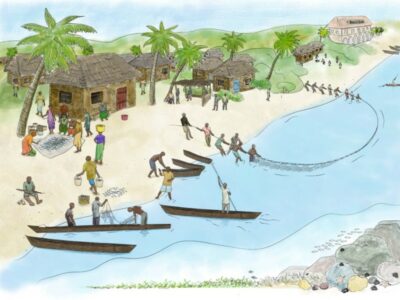The goal of the scenario project was to explore important areas of uncertainty within system dynamics as elicited by participatory modelling. Scenarios aimed to broaden discussions by weaving “known” fragments, such as ecological models with uncertain aspects such as the political implications of the new Kenya constitution, in stories of plausible futures. An important aim was to make stakeholders think about possible futures and impacts of drivers and policy emphasis.
Increased actor awareness of the benefits of adopting a broader (more holistic) perspective when planning for work/ projects (improved results).
The project provided a background and proof of concept for the larger ESPA SPACES project (2013-2016)
The scenarios were made in: 2012
The scenarios look out to: 2027


